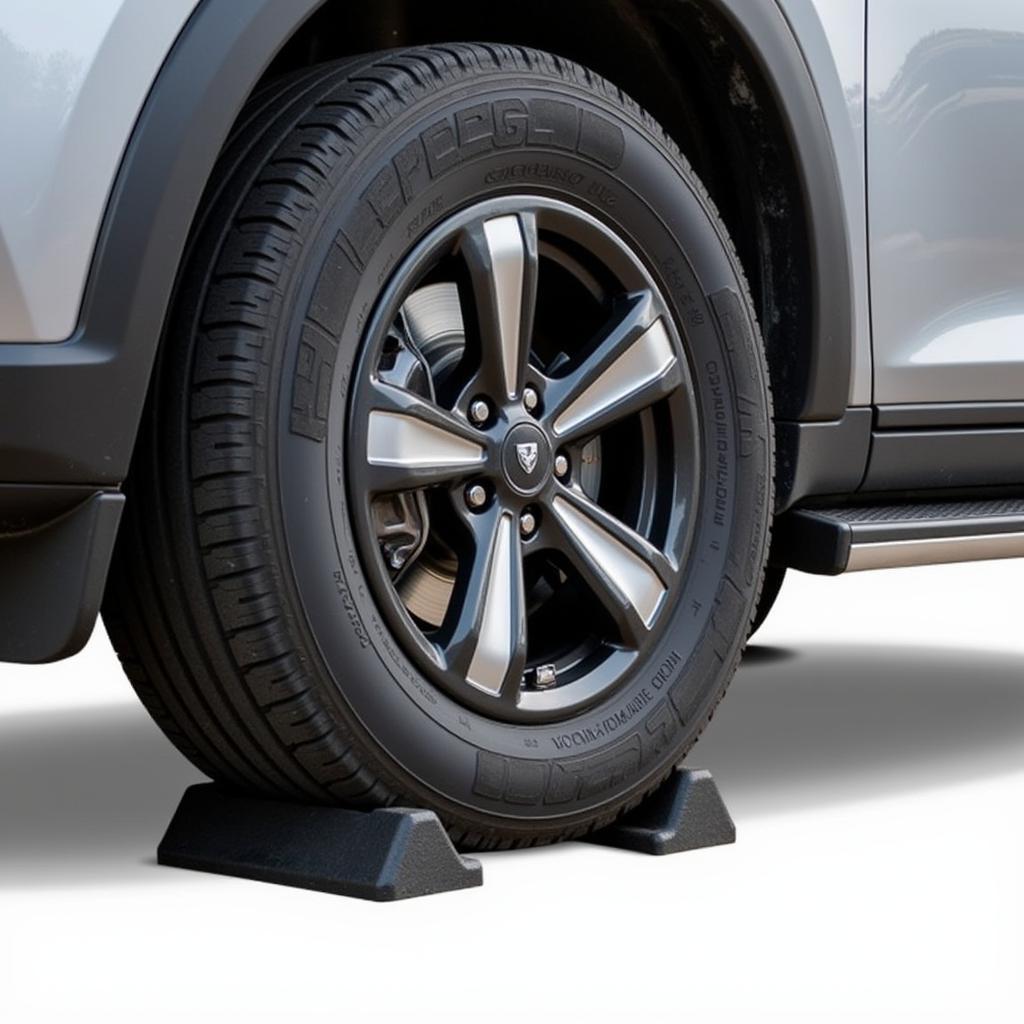A car’s fuel door is a small but essential part of the vehicle, responsible for providing access to the gas tank. However, like any other component, fuel doors can sometimes malfunction, leading to inconvenience and frustration. This article will guide you through the common problems associated with fuel doors and provide practical solutions for fixing them.
Common Fuel Door Problems and How to Fix Them
1. Fuel Door Won’t Open
If your fuel door won’t open, it’s likely due to a stuck latch or a faulty release cable. Here’s how to troubleshoot and fix it:
-
Check for Obstacles: Look for any objects blocking the fuel door from opening, such as a piece of debris or ice. Remove any obstructions.
-
Check the Release Cable: The release cable connects the fuel door handle to the latch mechanism. If it’s broken or disconnected, the fuel door won’t open. You can check the cable by pulling on the handle and listening for any movement in the latch area. If there’s no movement, you’ll need to replace the cable.
-
Lubricate the Latch: If the latch is rusty or stiff, lubricating it can help free it up. You can use WD-40 or a similar lubricant.
-
Inspect the Latch: In some cases, the latch itself might be faulty and needs replacement. You can access the latch by removing the interior panel around the fuel door.
2. Fuel Door Won’t Close Properly
A fuel door that doesn’t close properly can result in fuel leaks or a rattling noise. Here are some possible causes and solutions:
-
Loose Latch: The latch might be loose or worn out, preventing it from securing the fuel door properly. Tightening the latch or replacing it with a new one can resolve this issue.
-
Bent Fuel Door: If the fuel door is bent or damaged, it might not align correctly with the latch. You may need to repair or replace the fuel door.
-
Damaged Hinge: The hinge that connects the fuel door to the body of the car might be damaged. Inspect the hinge for any wear or cracks. If necessary, replace it.
3. Fuel Door Won’t Lock
A fuel door that won’t lock can compromise the security of your vehicle. Here are some potential fixes:
-
Check the Locking Mechanism: The locking mechanism might be faulty or jammed. Inspect it for any obstructions or damage.
-
Lubricate the Lock Cylinder: If the lock cylinder is rusty or stiff, lubricating it with graphite powder or a similar lubricant can improve its operation.
-
Replace the Lock Cylinder: In some cases, the lock cylinder might be worn out and need replacement.
Tips for Maintaining Your Fuel Door
-
Regularly Clean and Lubricate: Keep the fuel door clean and lubricated to prevent rust and wear.
-
Inspect for Damage: Check the fuel door and its components for any damage or wear.
-
Avoid Force: Do not force the fuel door open or closed, as this can damage the components.
Expert Insights
“Regular maintenance is key to preventing fuel door problems. A few minutes spent inspecting and cleaning the fuel door can save you a lot of hassle down the road,” says John Smith, a certified auto mechanic with over 20 years of experience.
“Don’t underestimate the importance of a properly functioning fuel door,” adds Sarah Jones, a master technician specializing in car maintenance. “A damaged or malfunctioning fuel door can lead to leaks, security breaches, and even safety hazards.”
Conclusion
A malfunctioning fuel door can be a frustrating problem, but it’s often easy to fix with a few simple steps. By understanding common fuel door issues and their solutions, you can save yourself time, money, and aggravation. If you’re unsure how to fix a particular problem, it’s always best to consult a qualified mechanic.
Contact Autotippro for Expert Assistance
For any questions or concerns about your car’s fuel door, reach out to the team at Autotippro. Our expert mechanics are available to assist you with all your automotive needs.
AutoTipPro Contact Information:
- Phone: +1 (641) 206-8880
- Office: 500 N St Mary’s St, San Antonio, TX 78205, United States
FAQ
Q: Why won’t my fuel door open?
A: It’s likely due to a stuck latch, a faulty release cable, or an obstruction blocking the door.
Q: What causes a fuel door to rattle?
A: A loose latch, bent fuel door, or damaged hinge can cause a fuel door to rattle.
Q: How can I prevent fuel door problems?
A: Regular cleaning, lubrication, and inspections can help prevent fuel door problems.
Q: Should I try to fix a fuel door myself?
A: If you’re comfortable working with tools and have basic mechanical skills, you can attempt to fix a fuel door yourself. However, if you’re unsure or the problem is complex, consult a mechanic.
Q: What are the safety risks associated with a fuel door that doesn’t close properly?
A: A fuel door that doesn’t close properly can lead to fuel leaks, which can be a fire hazard. It can also compromise the security of your vehicle and make it susceptible to theft.






Leave a Reply